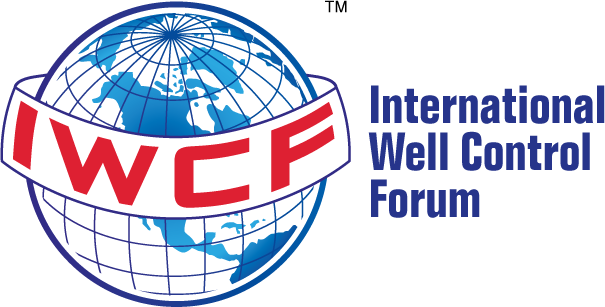
Mr Zdenek Sehnal (pictured below) has informed the IWCF Board of his retirement from his role as IWCF Board Chairman.
Mr Sehnal has held the position of IWCF Board Chairman since 2016, while also representing the Norwegian Branch as Branch Chair. He has led the organisation through a period of substantial change, most recently navigating the challenges presented by the COVID-19 pandemic and the introduction of virtual training and assessments.
Mr Jamie Wilson, Vice Chair of the IWCF Board of Trustees will adopt the role of Acting Board Chair, effective immediately.
IWCF’s Board and administration would like to thank Mr Sehnal for his hard work and dedication as we’ve worked towards furthering our mission and vision.
Mr Wilson commented. “Zdenek assumed the Chairman’s role at a pivotal time of the IWCF’s direction. With his calm manner and diplomacy, coupled with very considerable personal effort, he enabled the Board to enjoy a period of effective and harmonised activity. Furthermore, he has been instrumental in leading the development of IWCF’s strategy to deliver well control training to a standard expected by the global industry.
The Board has requested Mr Sehnal to assume a consulting role with the IWCF Administration to continue assisting with the implementation of the strategy and support the CEO with various technical and training matters.





